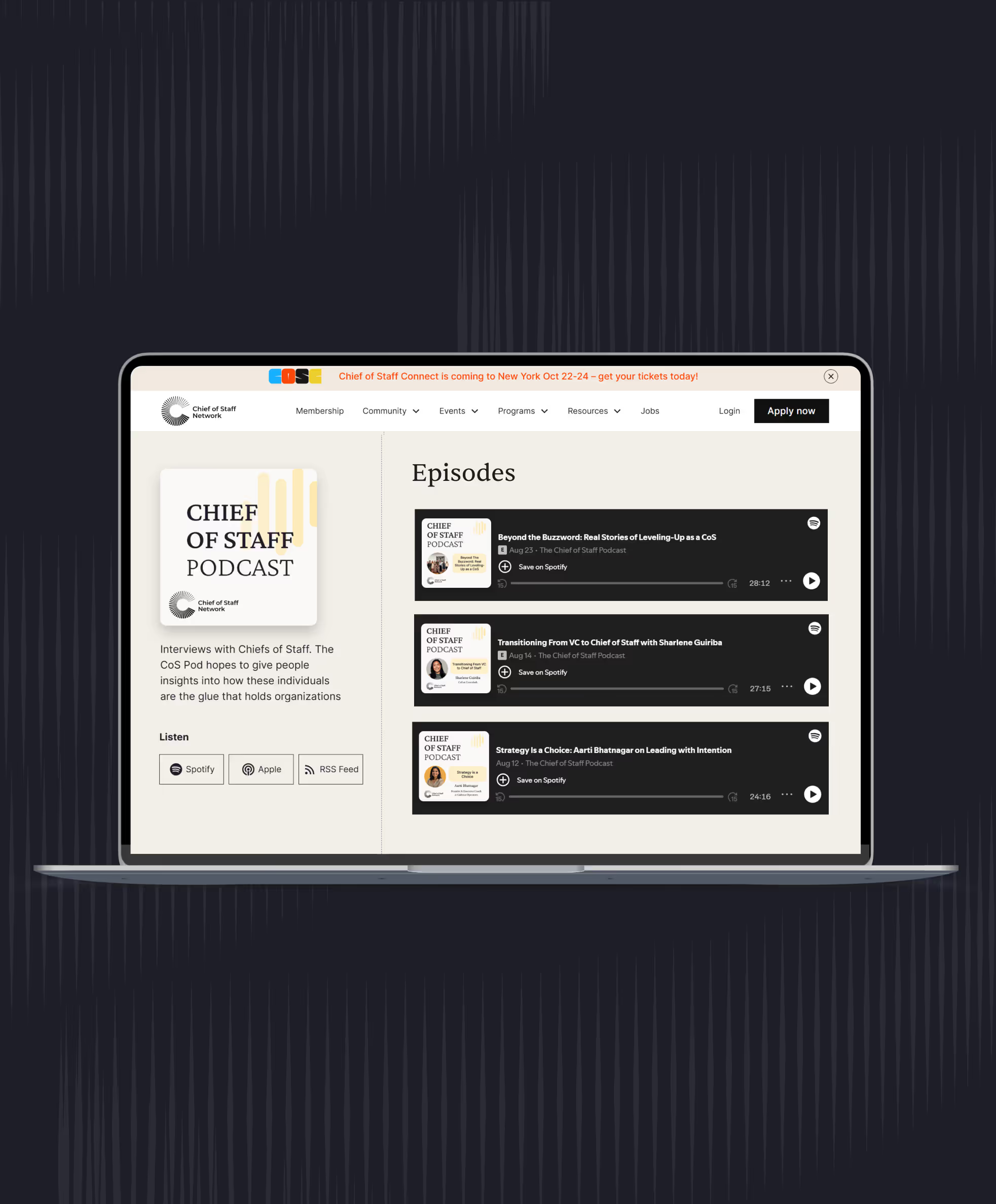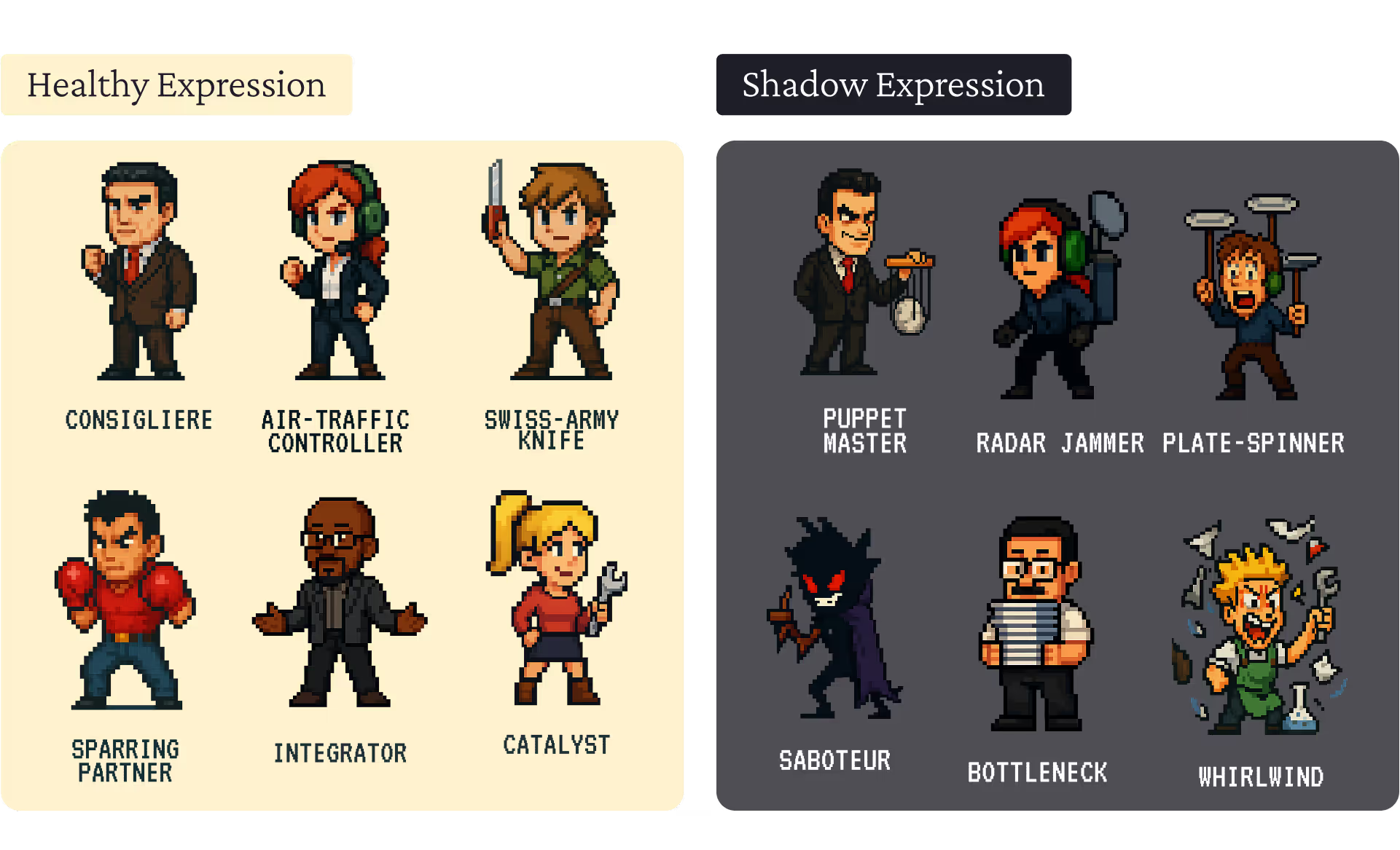We were really excited to partner with our longtime collaborator Kendall Wallace to write this piece.
Before we begin, we’d love to spotlight Kendall’s company Authentic Travel Adventures:
Our area of expertise is bringing teams together to connect, develop relationships, have fun together, and create team cohesion, which ultimately leads to higher performance across your KPIs.
We transform a team from a bunch of individuals to a team operating as one streamlined unit over a corporate offsite experience.
Our guarantee: We help you design and facilitate one offsite, and if you don't improve your team's engagement metric, you don't pay! Learn more here.
Engaging new grads in a remote environment
To get started with this topic, I went straight to the source and spoke with 10 new grads currently working full-time in remote or hybrid roles at companies with at least 200 employees. Here are the main takeaways:
#1 - Cohorts create comfort of “we’re all in this together,” which recent grads find supportive
A persistent finding is that people love cohorts. They love community, especially if they’ve never gotten it in the workplace. I know I did when I got hired at Meta and was part of a cohort, and it remained true amongst the recent grads I spoke with who were in cohorts.
One person I spoke with mentioned that the most successful engagement effort at his company was a 1st year work experience called “Tech Talent”, a cohort-training program which met 2x a month. One of the biggest benefits was creating “connections within [these] buddy groups.” However, ironically for this person who worked in a hybrid role, those cohort experiences were all ONLINE, not in the office.
A second recent grad also supported this idea that the “buddy system works,” saying that it’s “nice to have peers [of] the same age” on his team.
Thus, it’s wise to invest in opportunities to create cohorts for these recent grads, as a way to keep them engaged in the workplace.
#2 - Creating a culture of mentorship kept recent grads engaged
Creating mentorship opportunities is a vital way of engaging recent grads.
Based on my conversations with the 10 participants, the best ways to keep recent grads engaged were through:
- Mentorship; the irony, however, is that those who had mentors had created the mentorship opportunities themselves, rather than through some formalized program at work. “Mentoring is on your own,” said Sam, a recent graduate. Nonetheless, the advantage of having a mentor is to have someone that is invested in wanting to “see me improve” and who “knows my work on an intimate level.”
- Having a good team is one of the best ways to stay engaged. I heard that “motivation and community vibe is missing,” which new grads found isolating. For the engineers I spoke with, one of the biggest challenges for them was transitioning from college to work. Writing code in languages in college is different from “coding for ongoing projects that have been going on for the past 10 years where we build a small fraction. Tools you use in college are nothing like tools you use in the real world.” And these nuances were learned via supportive teammates.
#3 - Team experiences make or break the recent grad experience
If you have a phenomenal team, it’s easy to stay motivated. The problem is when people don’t have good teams.
It pained me to hear that some of the new grads I spoke with were made to feel like idiots. One reported that he didn’t like his teammates because when he asked for help, he got responses like, “You’ve been working here for almost a year. Why don’t you know that?”
Busier teams don’t have time for mentorship or frivolous questions, but their younger team members pay the price of their impatience.
Recent grads are eager beavers that want to be put in the game. “Put me in coach” is the mentality of the young 20s. Don’t you remember?
So how is creating a culture of impatience helping you? I’ll give you a hint: it’s not.
Responsiveness is so key in the remote work setup for recent grads; when feedback is delayed, there is a significant impact on learning. Thirty minutes vs. a four-hour response time make the difference between the communication being impactful or moot. “I don’t need to ask questions on yesterday’s problem,” as one recent grad said to illustrate his point. Furthermore, severely delayed or nonexistent responses make people less likely to ask for help in the future.
#4 - When to use in-person experiences
New grads who never worked in-person want to live wherever they please. They don’t desire a commute that pulls them to a different location, particularly an hour or more away.
Of the fully remote and hybrid individuals I spoke with, they didn’t see many benefits to being in-person. After all, “I’m able to engage with my team via Slack, said Logan, an engineer.
Another stated that companies have “already invested millions in real estate, so [they] might as well make use of it.” Other than that, they didn’t see the point, but did enjoy the biggest benefit: free food.
While some companies argue that relationship building occurs in the office, some of the recent grads I spoke with complained that they are not as productive in the office as they are at home, while others saw the benefits of asking things “I would never ask over the computer.” Most said that the actual team bonding and relationship building occurs in the offsites, not in day-to-day office interactions, which begs the question: why do we have the office, again?
Let’s face it: some recent grads, like many of us, dread going into the office. As Logan put it, “If another opportunity arose where I didn’t have to go in-person, I would be looking for new opportunities.”
Thus, using in-person experiences to maximize relationship building is the way to get the highest return on investment.
$5 - Show recent grads/new hires that you give a shit.
Some of the recent grads I spoke with described the culture of their companies as “people jostling” and “looking out for themselves” with a lot of ego. I was astounded at one story of how leadership announced there would be no raises or promotions, but then subsequently had promotions for higher ups, which left the younger employees with a bad taste in their mouth.
Most of the people I spoke with expressed a real disconnect between leadership and themselves, with the absence of any leader “showing me you understand me or what I said by your actions.”
People on Zoom frequently multi-task on calls and don’t offer their full presence. Psychology teaches us that presence is one of the biggest gifts we can give anyone, let alone young people with a chip on their shoulder who have been treated as kids.
Do events not with the idea of enhancing profit, but in enhancing relationships. Actually demonstrating through your actions “I give a shit” is vital to engaging recent grads, which will increase their output and drive profits!
Pro Tip: Conduct a brainstorm with this topic: “How can the company actually demonstrate that it gives a shit about new grads?”
#6 - The recent grad is ready to prove himself or herself.
Recent graduates are on a quest to be taken seriously. Don’t lie to them. Be transparent. Create a culture of transparency. They just experienced 22 years of being treated like children before getting “into the real world.”
Employees that I spoke with just wanted to feel trusted. Think about it: do you want them to tiptoe around others or create a culture of candor? Which one do you think will produce trust and maturity?
Conclusion:
All of the effective ways to engage recent grads in the workplace start with a conversation. Begin by asking what their biggest challenges are and then designing programs around those needs.
In addition, creating and soliciting a conversation of transparency is key. One of the recent graduates I spoke with explained that her entire leadership team was comprised of middle-aged white men and no one at work had ever addressed the elephant in the room. Beginning to have tactful conversations that simply enable people to be heard is a basic first step.
Simon Sinek talks about the difference between a manager and a leader. A manager is in charge, whereas a leader takes care of those in their charge. If we just focus on the latter, we’ll be a lot better at engaging the recent grads: being responsible for their growth. That means looking for ways to throw them the alley-oop so that they can score and begin to grow their confidence; your influence will enable them to grow into leaders that lift others up.
TL;DR: As the Chief of Staff, being a culture champion for new grads means making them feel part of the organization as well as creating opportunities for them to speak freely, be heard, and be seen by their teammates.
Everything after that —the design, implementation, etc—can differ based on the team challenges, but everything must first center on making people feel heard and seen, which is a crux of an emotional need.
Do you have any of the following issues?
- Disconnected remote team members haven’t met yet in person or with very little sense of belonging
- Low employee engagement & satisfaction metrics
- High turnover and low retention of A-players, who don’t stay at the company long-term
- Wanting to bring the team together for an offsite but not sure how to make it the most impactful.
- You have a bunch of individuals working together rather than a team working as one
- Difficulty achieving retention, turnover, and engagement KPIs within your organization
Did you know that most of these issues can be fixed with just 1-2 offsites when done the right way? In fact, that’s what I’ve done for companies like Meta and Outside, with just a few offsites. Here is my history of results:
- A connected remote team despite being all over the world who are bought into the company vision and stay longer on average
- High employee engagement & satisfaction metrics
- Low turnover and high retention of A-players
- Employees that become spokespeople for your company so that they refer A-players to your company, which reduces your recruiting costs.
- Creating an experience that wasn’t only impactful but was the “best offsite” your team has experienced in their careers.
- A cohesive team that can turnaround projects a lot faster than a disconnected remote workforce, compared to the industry average
- Achieving retention, turnover, and engagement KPIs within your organization
If this sounds interesting, and you want to understand the entire process about how we run and set up these offsites that will help you improve employee satisfaction while building stronger bonds as a team and improving KPIs, I’ve recorded a 3min video here.
Also, every quarter, I’m going to interview 10 people on a topic important to chiefs of staff. If you have any suggestions or things you’d like researched, send me an email.





.avif)
.avif)








